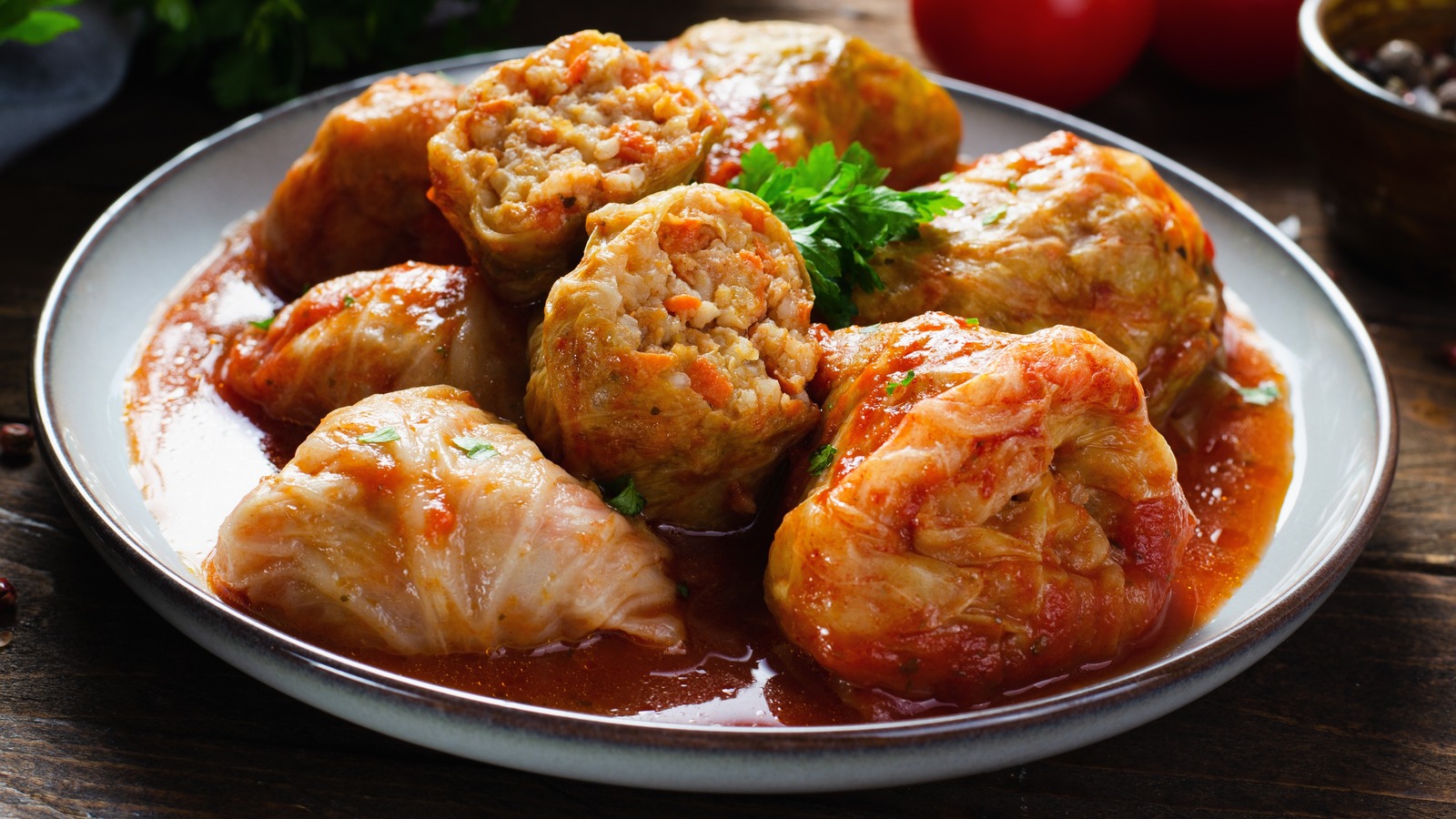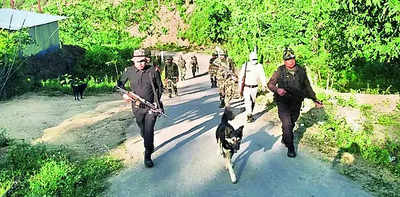Jewish holidays are about many things — depending on which holiday — but a core theme is that for most, food plays a central role. Food is such an important tradition among Jewish people, in fact, there most holidays have specific foods associated with them. Jews dip apples into honey during Rosh Hashanah for a sweet and fruitful New Year.
Some eat fried foods, like latkes and jelly donuts (or sufganiyot in Hebrew), on Hanukkah to commemorate the oil that lit the Temple of Israel for eight days rather than one. For Purim, they eat hamentashen, cookies in the shape of the three-cornered hat worn by the holiday's villain, Haman. And Sukkot, the multi-day celebration that follows Yom Kippur and commemorates the fall harvest with meals eaten outdoors in a structure called a sukkah, is no different.
That's when Jews traditionally eat stuffed foods, like dumplings and vegetables filled with meat. As with all of these food traditions, the custom behind eating stuffed foods for Sukkot is more cultural than liturgical, and you're unlikely to find a single answer as to how and why the practice began. Some look back at the year past and see stuffed foods as symbols of plenty.
Others are more forward looking and hope the foods will signal an overflowing harvest in the year ahead. The symbolism may also be more spiritual: A bountiful harvest means, for Jews, that they are literally "stuffed" — or wrapped — in God's blessing. Foods served on Sukkot are literally stuffed with goodnes.

















